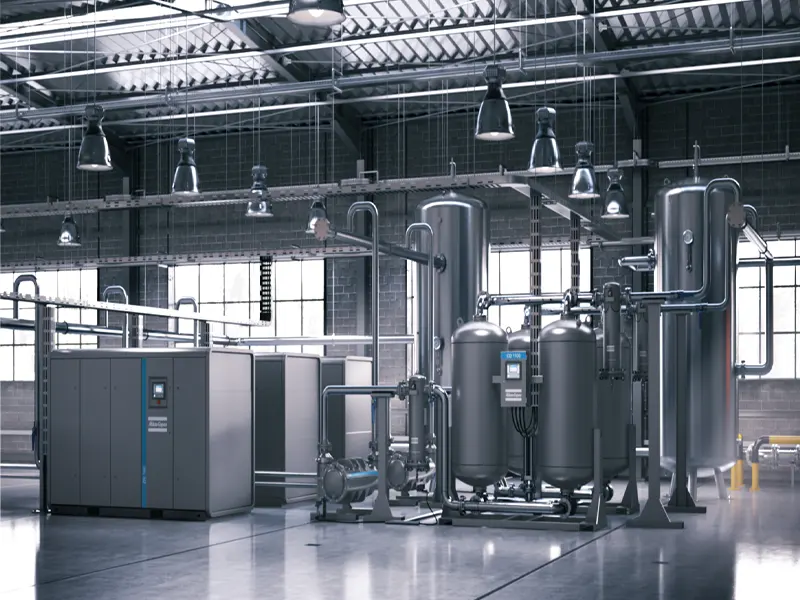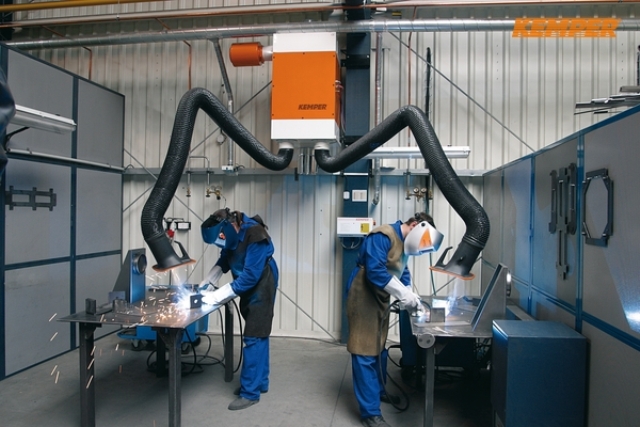
LOLER Inspections – Lifting Operations & Equipment Regulations 1998
Lifting operations can be incredibly dangerous, whether it’s a forklift raising heavy pallets in a warehouse, a rope and pulley system hoisting a window cleaner up the side of a skyscraper or a crane positioning steel beams on a construction site – it’s crucial that nothing goes wrong.
What is LOLER?
LOLER are a set of regulations designed to make lifting operations, and the use of lifting equipment, as safe as can be. The regulations make sure that you impose a system of regular checks, thorough inspections, and routine maintenance helping to prevent accident or injury in your workplace. LOLER inspections should always be carried out by a competent person.
The regulations also require you to keep any relevant safety records such as certificates of conformity, inspection reports and details of safe working loads, etc. The regulations place duties on people and companies who own, operate or have control over lifting equipment. This includes all businesses and organisations whose employees use lifting equipment, whether owned by them or not.
LOLER also requires that all equipment used for lifting is fit for purpose, appropriate for the task, suitably marked and subject to statutory periodic thorough examination. Records must be kept of all thorough examinations and any defects found must be reported to both the person responsible for the equipment and the relevant enforcing authority.
What is a 'Thorough Examination' under LOLER?
This is a systematic and detailed examination of the equipment and safety-critical parts, carried out at specified intervals by a competent person who must then complete a written report. This report must contain the information required by LOLER Schedule 1, including:
- Visual examination and functional checks
- Measurements of wear
- Any defects found which are (or could potentially become) a danger to people
- Current examination date
- Date when the next thorough examination is due
Where serious defects are identified, the competent person carrying out the examination must immediately report this verbally to the dutyholder. This should then be followed by the written report, a copy of which must also be sent to the relevant enforcing authority.
When should ‘Thorough Examinations’ be carried out?
In order to verify that lifting equipment and accessories remain safe for use, and to detect and remedy any deterioration in good time, thorough examinations are required throughout the lifetime of the equipment, including examinations:
- Before use for the first time – unless the equipment has a Declaration of Conformity less than one year old and the equipment was not assembled on site. If it was assembled on site, it must be examined by a competent person to ensure that the assembly (eg a platform lift installed in a building) was completed correctly and safely
- After assembly and before use at each location – for equipment that requires assembly or installation before use, eg tower cranes
- Regularly, while in service – if the equipment is exposed to conditions that cause
deterioration which is likely to result in dangerous situations. Most lifting equipment will be subject to wear and tear and so will need regular in-service examination.
Who has obligations and responsibilities under LOLER?
According to the HSE’s INDG290 Lifting equipment at work, if you are an employer or self-employed person providing lifting equipment for use at work, or you have control of the use of lifting equipment, then LOLER Regulations will apply to you.
Persons or companies falling under this description are classed as ‘duty holders’ under LOLER and must make sure that when lifting equipment is used, the requirements of LOLER are achieved. These requirements include:
- LOLER Inspection and Thorough Examination: According to the HSE’s INDG422 Thorough examination of lifting equipment guidance documents, both inspection and thorough examinations are fundamental key requirements of LOLER.
- Testing of Lifting Equipment: All lifting equipment and accessories must also be sufficiently strong, stable and suitable for the proposed task, which often requires testing services.
- Marking of Lifting Equipment: LOLER also requires equipment to be visibly marked with any information that should be taken into account for its safe use. This includes factors such as safe working loads and usage instructions.
- Planning and supervision: Under LOLER, duty holders must ensure that all lifting operations are planned, supervised and carried out safely by people who are deemed competent.
- Reporting: It’s essential to have inspection reports following a thorough examination or inspection of any lifting equipment
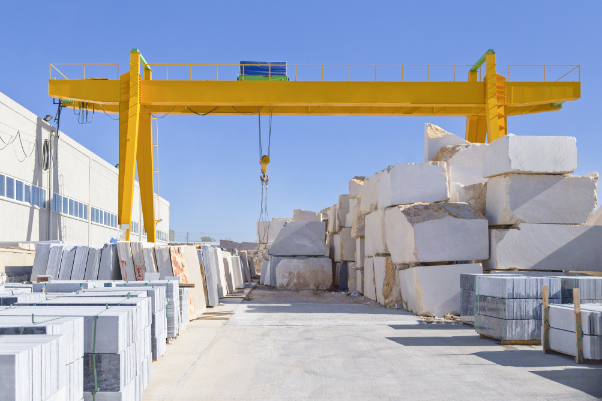
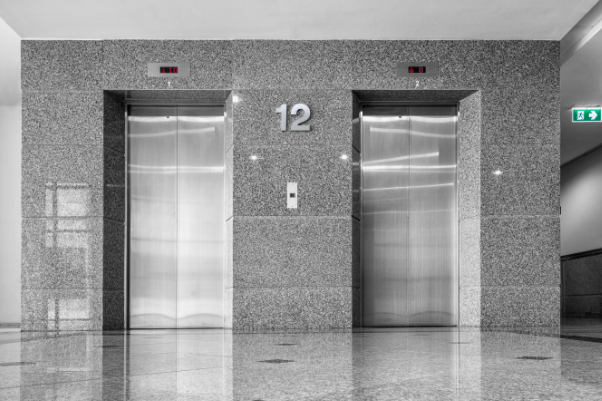
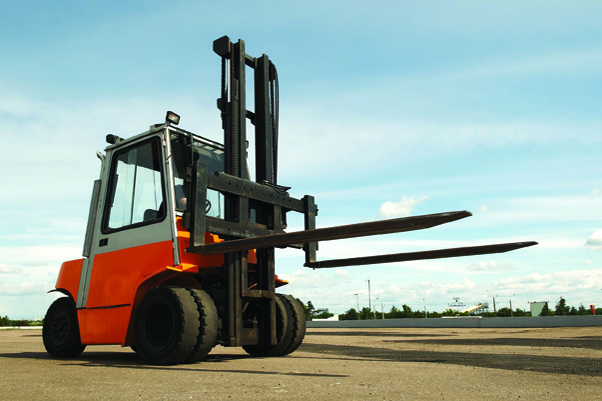

The effects of non-compliance with LOLER
The effects of not complying with LOLER can be catastrophic. In 2016, a London based crane hire company was fined £750,000 plus further legal costs after one of their cranes collapsed. This resulted in the death of both the crane operator and a member of the public who happened to be nearby. A subsequent investigation found that the company had an inadequate system for inspecting and maintaining their equipment, which led to a row of ring bolts being weakened through wear and tear. Under the strain of a heavy load, these bolts broke off causing the crane to topple. Had the company fulfilled its LOLER obligations, it would have saved hundreds of thousands
of pounds, reputation and most importantly, it would have saved two lives lost due to negligence
Frequently Asked Questions
Is LOLER a legal requirement?
Yes, under the Lifting Operations and Lifting Equipment Regulation (1998), employers have a legal
responsibility to provide a safe working environment and LOLER comes into effect if lifting equipment is used in the workplace. Inspection compliance is enforced by the Health and Safety Executive (HSE).
How often should lifting equipment be inspected?
LOLER requires that lifting equipment undergoes regular thorough examinations. The frequency of an inspection depends on the type of equipment and its usage. Generally, they are carried out at least every 6 to 12 months.
Can you carry out your own LOLER inspection?
No, a LOLER inspection/examination must be carried out by a competent, independent and impartial
assessor. Daily, monthly, and quarterly checks can be conducted by competent in-house staff.
What are the 3 main principles of LOLER?
The three main principles of LOLER are suitability, strength and stability, and thorough examination.
Request a Quote
For expert inspections, visit our Request a Quote page, and we’ll provide a tailored quote for your needs!
